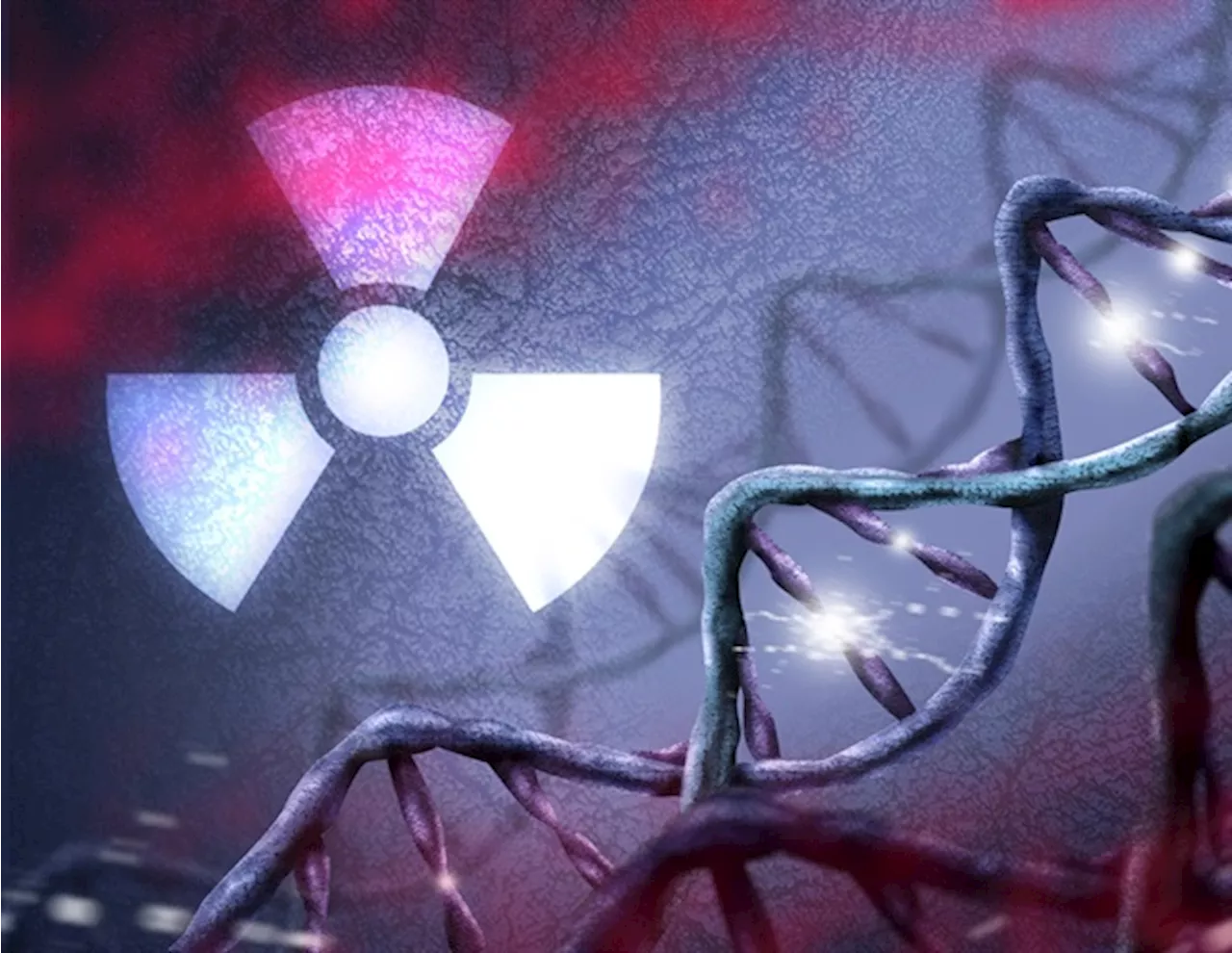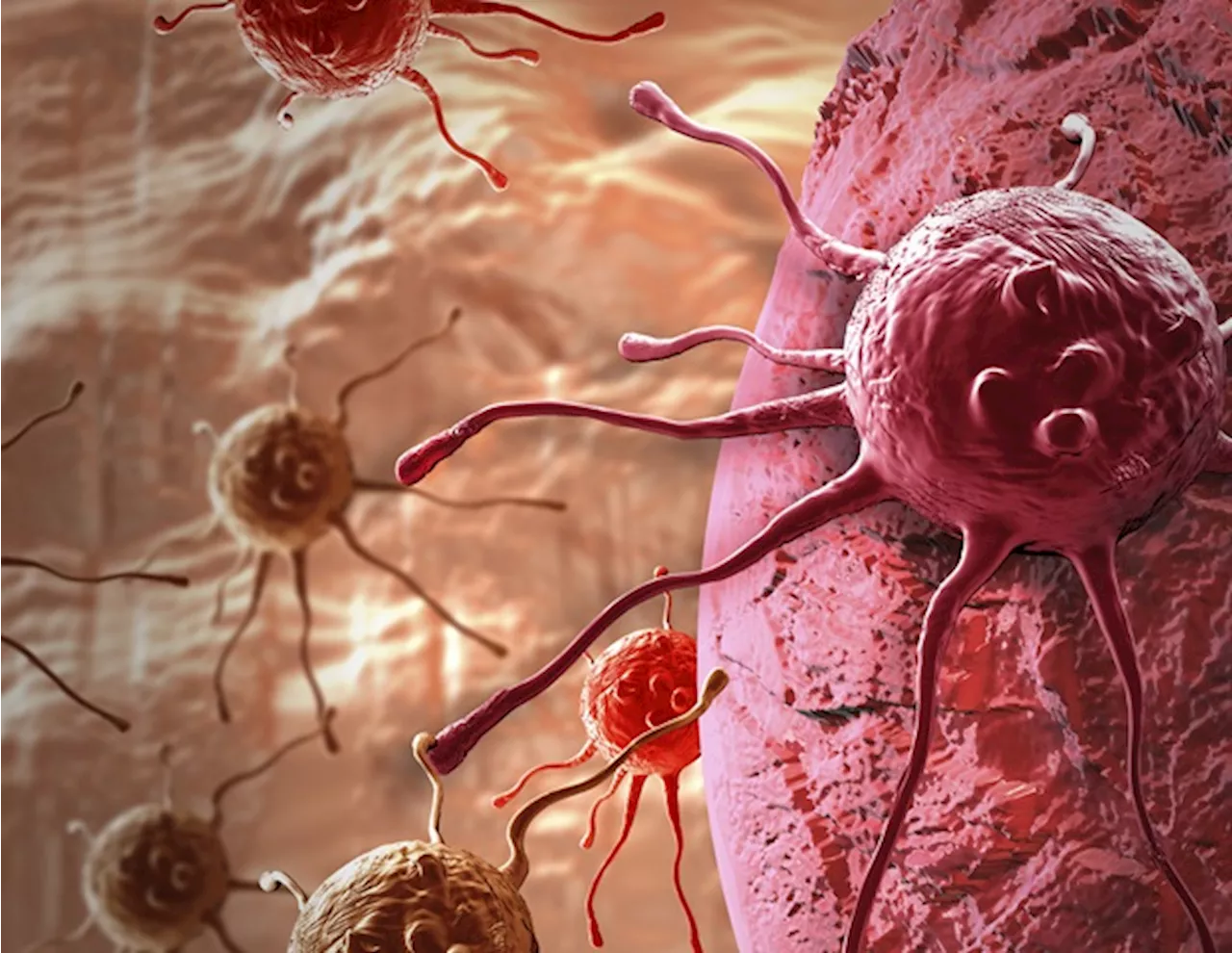Researchers made bricks that could form the basis for future extra terrestrial settlements.
Sand found on the surface of Mars and the Moon can be converted into solid bricks which could be used to build future settlements in space, Dublin scientists have found.
The blocks, built with carbon nanotubes, have a relatively low density but display strength approaching that of granite and could create extra terrestrial structures. When structures in space are built they will need to use limited material from earth, as these are heavy to transport. As the construction blocks conduct electricity they can also be used as an internal sensor to monitor the structural health of extra terrestrial buildings.
United Kingdom Latest News, United Kingdom Headlines
Similar News:You can also read news stories similar to this one that we have collected from other news sources.
 UCLA Health researchers showcase advances in radiation oncology at ASTROUCLA Health Jonsson Comprehensive Cancer Center researchers and physicians who specialize in treating patients with radiation therapies will present data on the latest radiation oncology research and clinical trial results at the 66th annual American Society for Radiation Oncology (ASTRO) meeting in Washington D.C., Sept. 29 to Oct. 2.
UCLA Health researchers showcase advances in radiation oncology at ASTROUCLA Health Jonsson Comprehensive Cancer Center researchers and physicians who specialize in treating patients with radiation therapies will present data on the latest radiation oncology research and clinical trial results at the 66th annual American Society for Radiation Oncology (ASTRO) meeting in Washington D.C., Sept. 29 to Oct. 2.
Read more »
 Researchers uncover genetic link between bipolar disorder type I and epilepsyA team of researchers from the Chinese Academy of Sciences has uncovered compelling evidence of a genetic link between bipolar disorder type I (BD-I) and epilepsy, potentially revolutionizing our understanding of these complex neuropsychiatric conditions.
Researchers uncover genetic link between bipolar disorder type I and epilepsyA team of researchers from the Chinese Academy of Sciences has uncovered compelling evidence of a genetic link between bipolar disorder type I (BD-I) and epilepsy, potentially revolutionizing our understanding of these complex neuropsychiatric conditions.
Read more »
 Researchers question the use of 'cancer' for certain prostate conditionsA new paper in the Journal of the National Cancer Institute, published by Oxford University Press, indicates that patients may benefit if doctors stop calling certain early-stage changes to the prostate 'cancer' at all.
Researchers question the use of 'cancer' for certain prostate conditionsA new paper in the Journal of the National Cancer Institute, published by Oxford University Press, indicates that patients may benefit if doctors stop calling certain early-stage changes to the prostate 'cancer' at all.
Read more »
 Researchers discover mechanism driving immune perturbations after severe infectionsResearchers at Baylor College of Medicine and collaborating institutions have discovered a mechanism that drives the long-term decline in immune response that is observed after tuberculosis (TB) has been successfully treated.
Researchers discover mechanism driving immune perturbations after severe infectionsResearchers at Baylor College of Medicine and collaborating institutions have discovered a mechanism that drives the long-term decline in immune response that is observed after tuberculosis (TB) has been successfully treated.
Read more »
 Researchers suggest rethinking 'cancer' label for early-stage prostate changesA new paper in the Journal of the National Cancer Institute indicates that patients may benefit if doctors stop calling certain early-stage changes to the prostate 'cancer' at all. The paper is titled 'When is prostate cancer really cancer?'.
Researchers suggest rethinking 'cancer' label for early-stage prostate changesA new paper in the Journal of the National Cancer Institute indicates that patients may benefit if doctors stop calling certain early-stage changes to the prostate 'cancer' at all. The paper is titled 'When is prostate cancer really cancer?'.
Read more »
 Researchers identify drug with anti-aging effectsAging is an inevitable phenomenon and is accompanied by several comorbidities. To this end, research into the effects of aging has become paramount, and scientists are looking for ways to slow down aging and its detrimental impact on the human body.
Researchers identify drug with anti-aging effectsAging is an inevitable phenomenon and is accompanied by several comorbidities. To this end, research into the effects of aging has become paramount, and scientists are looking for ways to slow down aging and its detrimental impact on the human body.
Read more »
